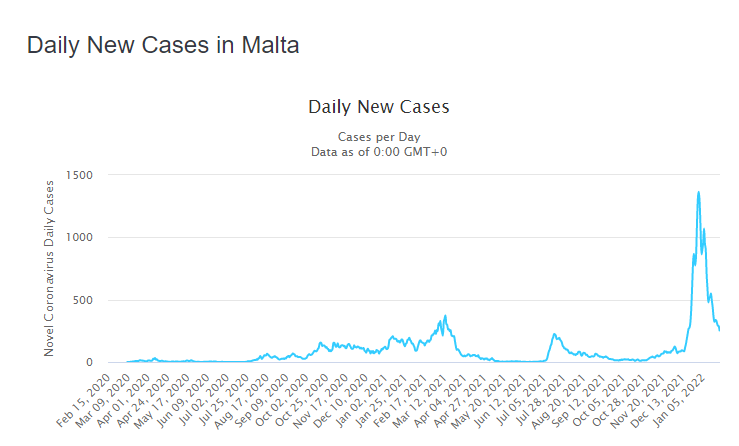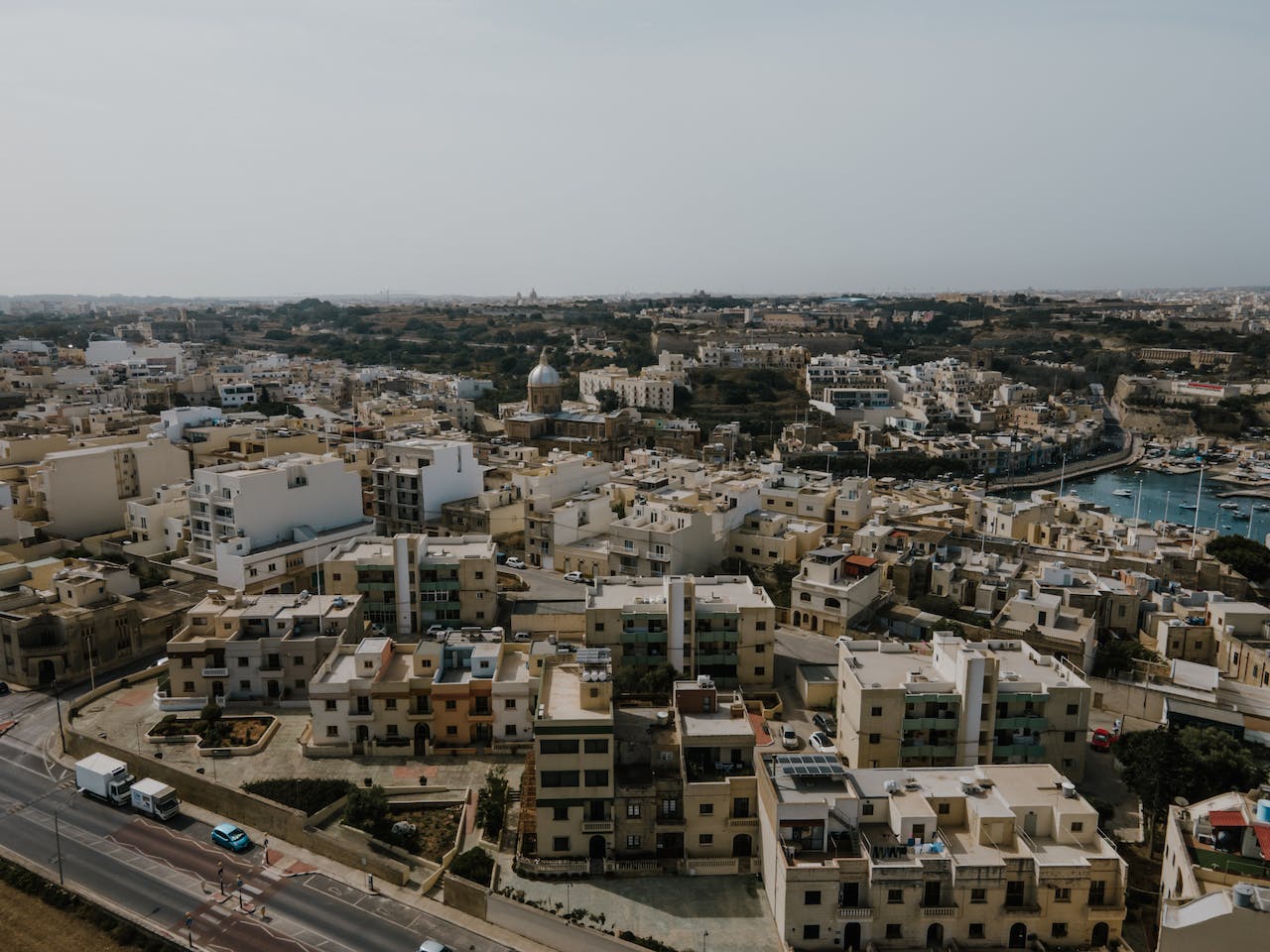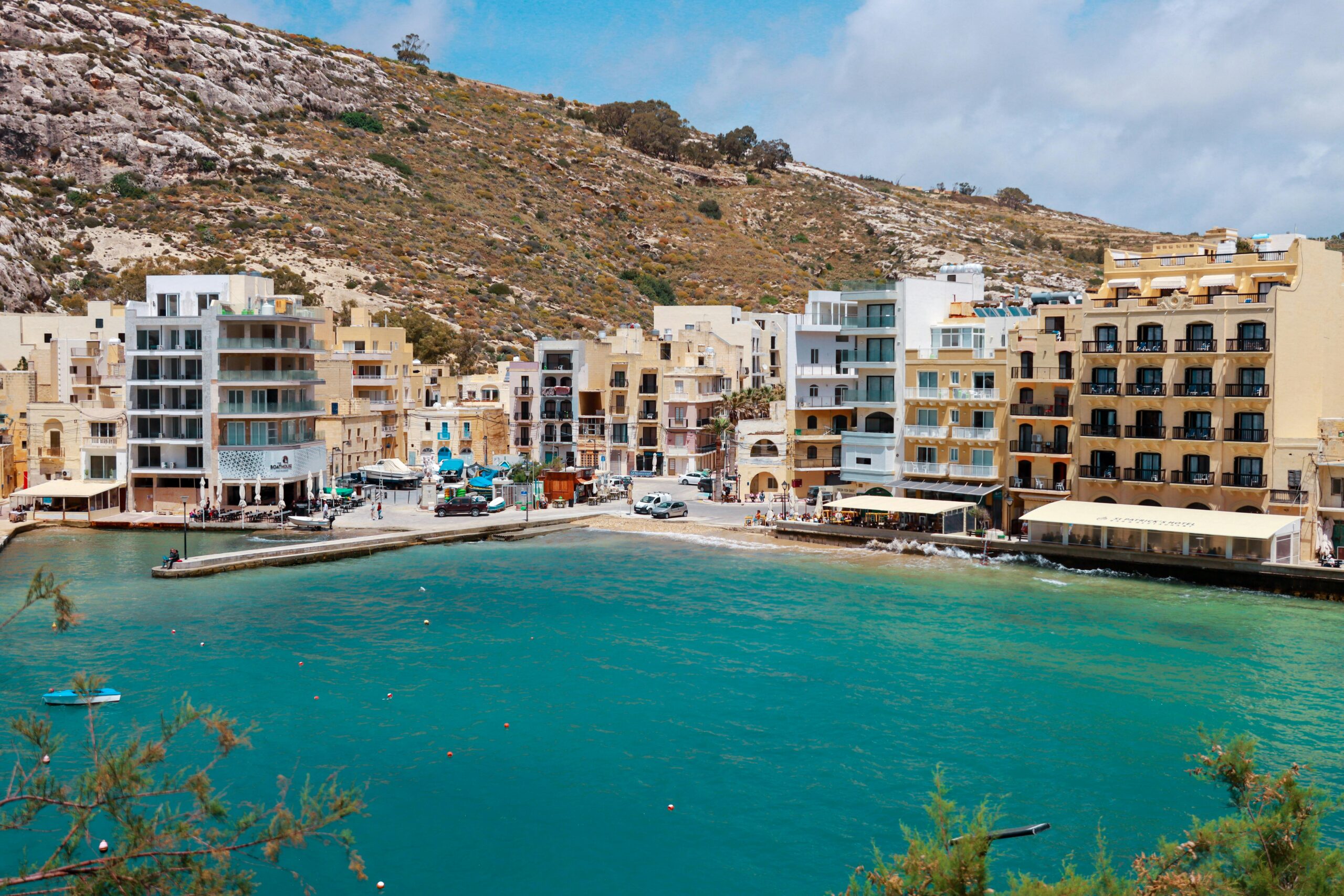While speaking at a Labour Party even in Gozo last Sunday, Prime Minister Abela said that since there has been such a high uptake of the vaccine, as well as the booster, the Government is now in a position to start removing more restrictions from the first week of February.
At a separate event, Health Minister Chris Fearne said the Government would soon announce Phase One of the country’s COVID exit strategy.
Given that new regulations only came into force at the start of last week – most controversially the measure that requires bars, restaurants, gyms and cinemas, amongst others, to only allow entry to fully vaccinated customers – it seems odd that the Government is already talking about walking back measures.
So what is driving its thinking? We take a look at six possible factors affecting its decision making.
Pressure from businesses
As the industries that have been hardest hit by the 17th January measures, the hospitality and entertainment sectors have been highly critical of the regulations.
Various bars and restaurants that have spoken to BusinessNow.mt over the past week have described this measure as unworkable. They say it is ridiculous that the Government has made them responsible for enforcing the new rules. Aside from reduced business, several claim they’ve also had to deal with awkward situations, including being forced to turn away regular customers, and having to face abuse by unvaccinated people.
And according to experts, such businesses could face the threat of unfair dismissal claims if they fire staff who refuse to get vaccinated, since another requirement of the latest measures is that they must also be vaccinated.
The organisations representing many of these businesses, such as the Malta Hotels and Restaurants Association (MHRA), Association for Catering Establishments (ACE) and the Malta Chamber have also spoken out.
Given that these organisations meet regularly with the Government and hold substantial sway, the authorities may have been persuaded that the vaccine mandate was a mistake from an economic perspective.
Likelihood rating: Very high
The election
With a general election around the corner, the Government would prefer the country’s morale to be high during the campaign period.
Rescinding restrictions would also conveniently allow the two main parties to hold their mass meetings, a quintessential element of any Maltese election campaign.
Holding an election with restrictions in place would also be tricky from a logistical perspective. The Electoral Commission has mooted the creation of drive-through booths that would allow COVID-positive people to vote, but there’s no doubt the Government would like the election to proceed as normally as possible.
Likelihood rating: High
Following the international trend
Over the past few weeks, several countries across the world have switched their COVID strategy from one of containment to one of living with the virus.
Last week, the UK announced that mandatory face coverings in public places and COVID passports would soon be dropped.
Meanwhile, the French Government announced that from 2nd February, guidance recommending employees work from home three days a week would be dropped, with remote working arrangements now at the discretion of individual workers and their bosses. Nightclubs will reopen from 16th February. And while the country’s COVID pass remains in place, it could be suspended if the COVID situation improves dramatically.
Last month, South Africa announced that people without symptoms of COVID-19 will no longer need to isolate or test if they have been in contact with a positive case.
The international trend is clear – moving from crisis mode to control mode, approaching the virus in much the same way countries deal with flu or measles.
Likelihood rating: Moderate
Out-manoeuvring the Nationalist Party
Three days before the 17th January restrictions came into force, the Nationalist Party threw a curveball by calling for the measures to be lifted immediately.
While many people questioned the PN’s stance and claimed they were pandering to the anti-vaccination movement, the move wasn’t entirely senseless. It’s possible that the Opposition gambled on the Government dropping the restrictions quickly – a fairly safe bet to make – after which PN could claim that its pressure had worked.
As a result, the Government will want to dispel this idea and insist it is removing restrictions on its own terms, before external pressure to do so becomes too great.
Likelihood rating: Moderate
A decision based on science
If one were to follow the statistics, it’s clear that the spike in cases that decimated the nation’s Christmas plans has now come to an end. While during the holiday period the country was experiencing new daily case numbers in the thousands, the number is now typically in the low hundreds.
More importantly, the rate of hospitalisations has remained stable, with dramatic predictions of Mater Dei being overwhelmed failing to materialise.

The Government has often emphasised its two-directional approach – moving forward or backwards depending on the number of serious cases and hospitalisations.
The mooted relaxation of measures could be a natural consequence of this strategy.
Likelihood rating: High
Growing civil unrest
There’s no doubt that the anti-vaccination movement – previously statistically insignificant compared to similar movements in other countries – has gained ground in recent weeks. Scepticism surrounding the booster jab and outrage at the vaccine mandate have added to its numbers, with unvaccinated people now unable to visit bars and restaurants. An estimated 1,000 people took part in the latest protest last Sunday in Valletta.
Meanwhile, several businesses last week filed a court case against the vaccine mandate, claiming it was unconstitutional.
It’s possible the authorities have realised that driving more and more people towards this movement is unwise, and want to take the sting out of it.
Having said that, the movement remains a tiny minority and is led by figures with questionable beliefs, both medical and non-medical. So it’s doubtful whether the Government factors this movement into its plans.
Likelihood rating: Low
db Foundation raises €8,419 for Karl Vella Foundation with MasterChef Malta Charity Dinner
These events form part of the db Foundation's ongoing commitment to supporting vulnerable members of society through impactful initiatives
Residential property prices rise by 5.7% in first quarter of 2025
The new figures show continued growth in Malta’s property sector
Youth4Entrepreneurship Gozo 2025: Youth invited to propose innovative digital solutions
The initiative aims to empower youth to become active contributors to Gozo’s development by addressing local challenges






